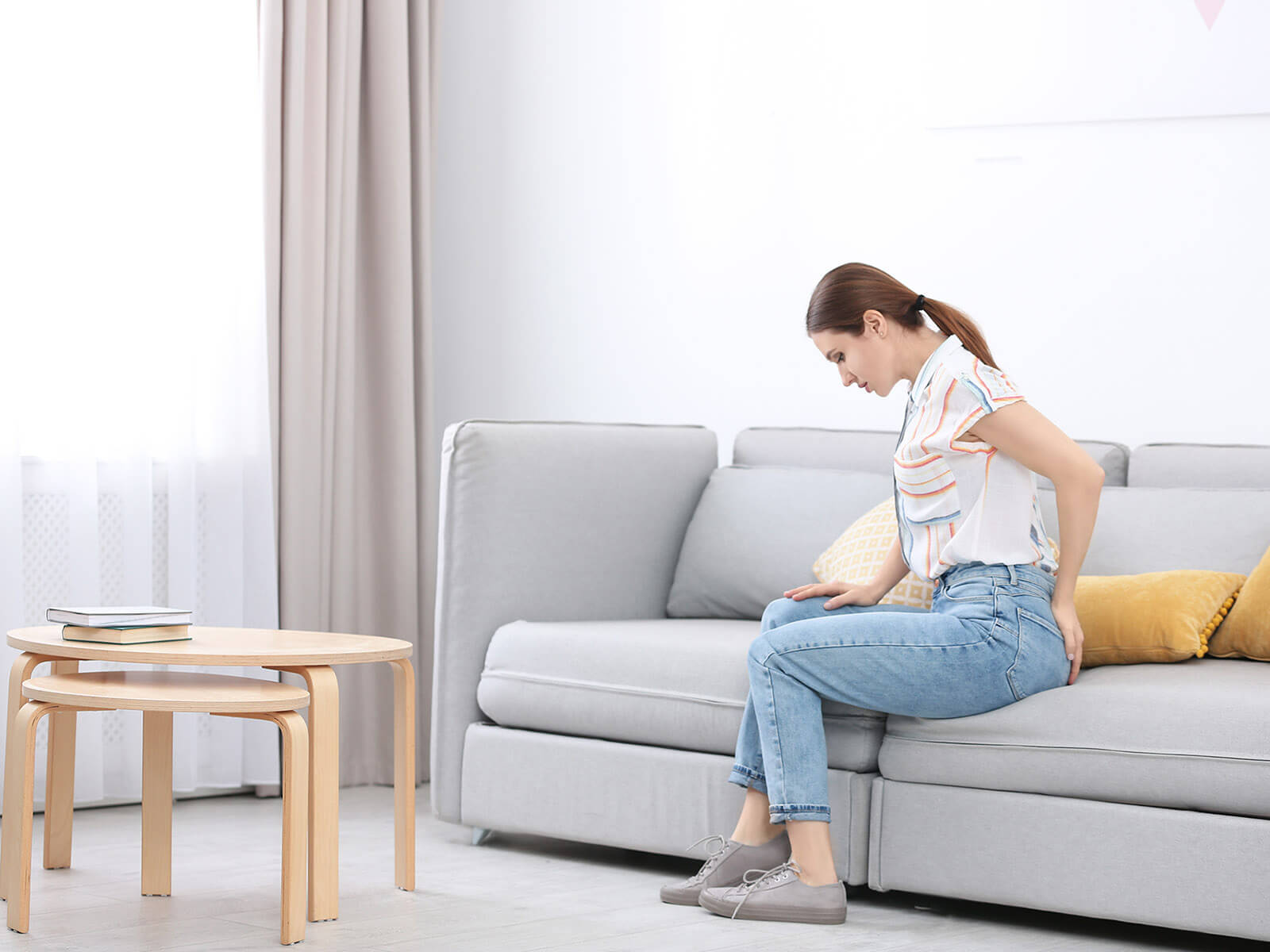
Radiation proctitis occurs when the radiation therapy to the cancer -e.g. prostate, cervical or rectal cancer- destroys the rectal lining. It has two forms, namely acute proctitis that starts during or shortly after treatment and chronic proctitis that may start months and even years later. Both of the causes lead to the rectal tissue inflammation and pain.
You may experience different amounts of symptoms that can be mild annoyances to severe that include:
Radiation proctitis is caused by the exposure of normal rectal tissue within the surrounding of the locality of treatment to radiation that is directed to the cancerous cells. It is predisposed by some of the following factors:
Radiation proctitis will disappear you will not have to live with worry and pain. GastroDoxs in Houston provides direct, nurturing services in a manner that suits you, by our board certified professionals. Go to us and put us on your list of things to do to release some of the real stuff.
We've successfully treated more than 1.5K patients, helping individuals improve their digestive health and overall well-being through expert, personalized care.
With over 20 years of experience, GastroDoxs has been a trusted provider of gastroenterology care, focusing on delivering the best outcomes for patients
Radiation proctitis is the condition of inflammation and swelling of the rectal lining, a condition that is caused by radiation therapy which is normally administered to cancers, which are located close to the rectum.
The acute symptoms normally begin during the radiation therapy or within six weeks. The chronic symptoms may occur several months or even years following the treatment.
Radiation proctitis is assigned as a code K62.8 in the ICD-10 and the code contains other specified diseases of the anus and rectum.
It is not absolutely certain that they will not happen; however, with the help of the modern radiation techniques, as well as effective planning, the risks of the rectal damage can be reduced.
There is no single-cure therapy and a mix of an eating regimen, medications as well as treatment can manage and ease the symptoms.
Install an assessment in case of rectal pain, bleeding, continuous diarrhea or rearrangements of the bowel in the post-radiation treatment phase.
Yes. The diet that is low in residue along with the adequate intake of fluids and fiber matter makes the stool soft thereby reducing irritation, bowel discomfort and general bowel health.
There may be such noninvasive interventions as anti-inflammatory suppositories or enemas, oral medication such as sucralfate, and hyperbaric oxygen therapy.
Some of the patients will document a lot of improvement at the end of the several sessions of hyperbaric oxygen therapy because the therapy will enable healing of the damaged tissues.
Endoscopic interventions also incorporate argon plasma coagulation in case of persistent bleeding or symptoms that can be recommended in case of bleeding or symptoms.